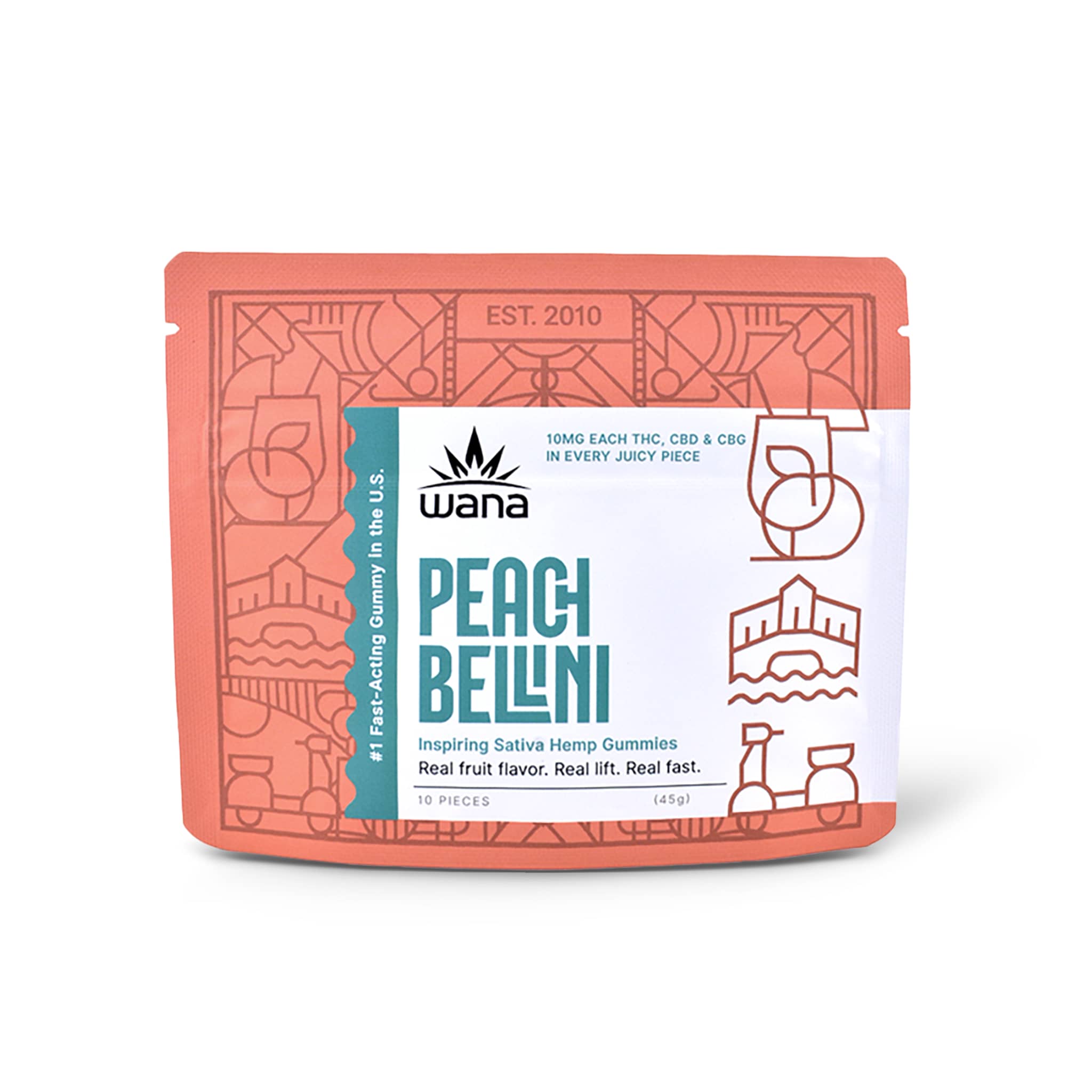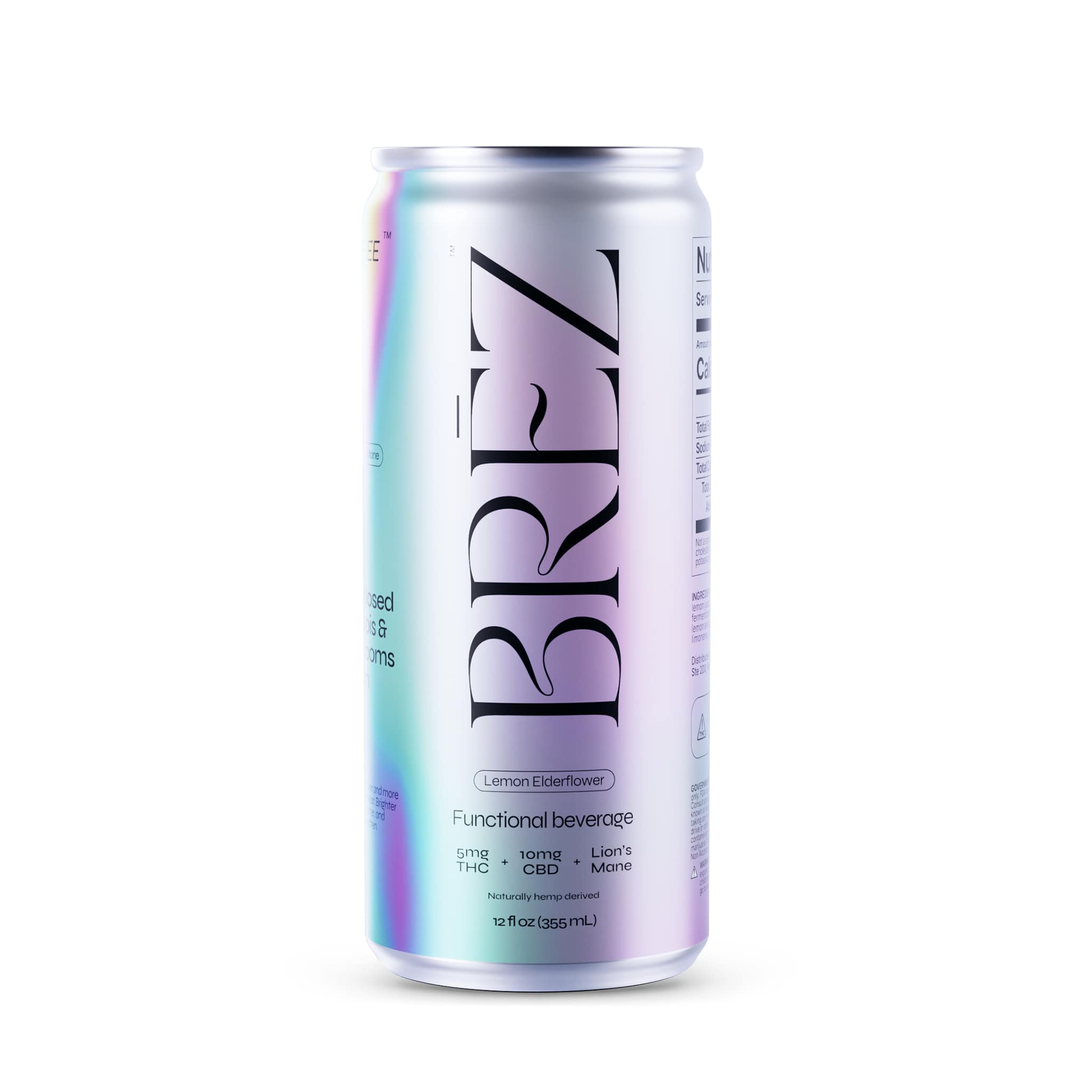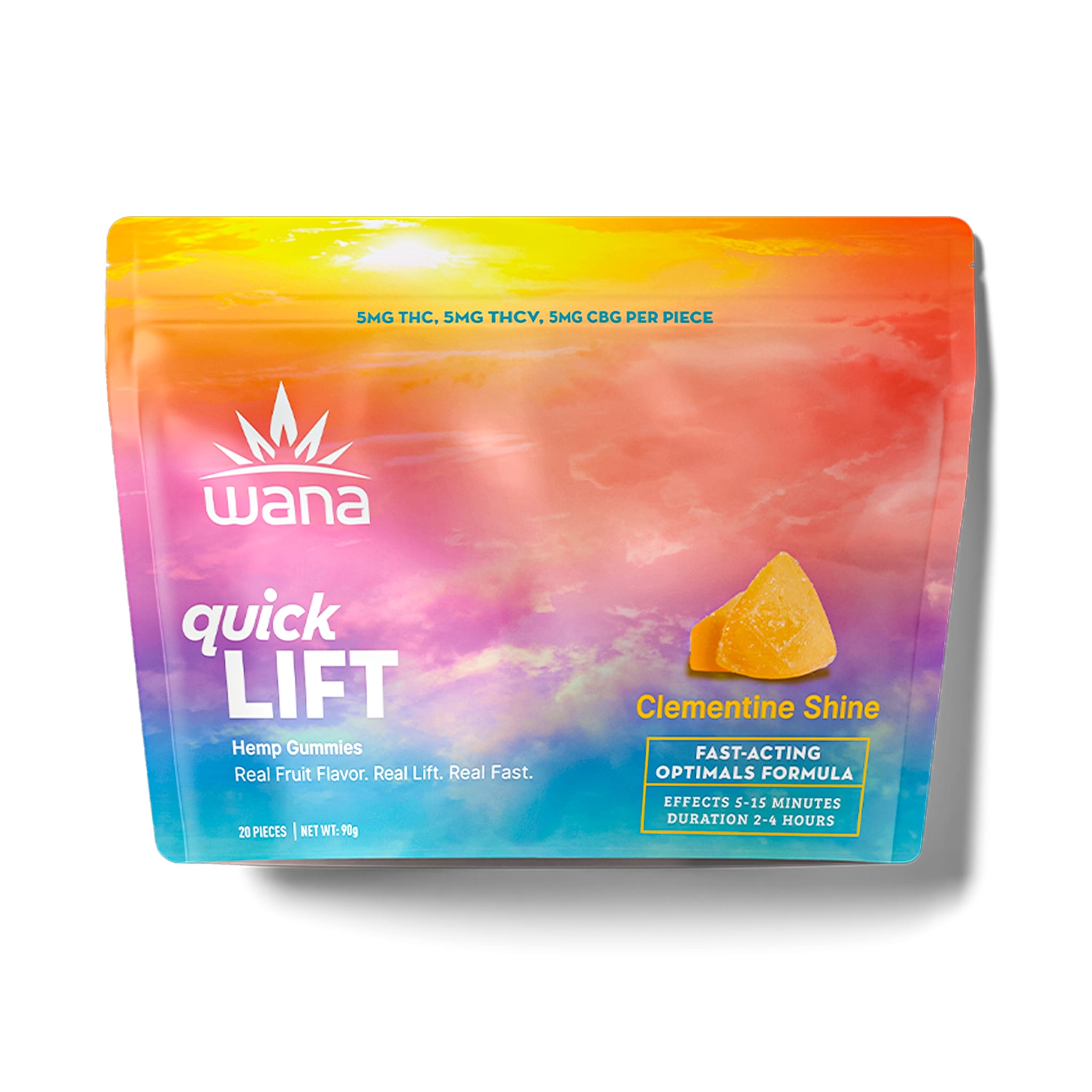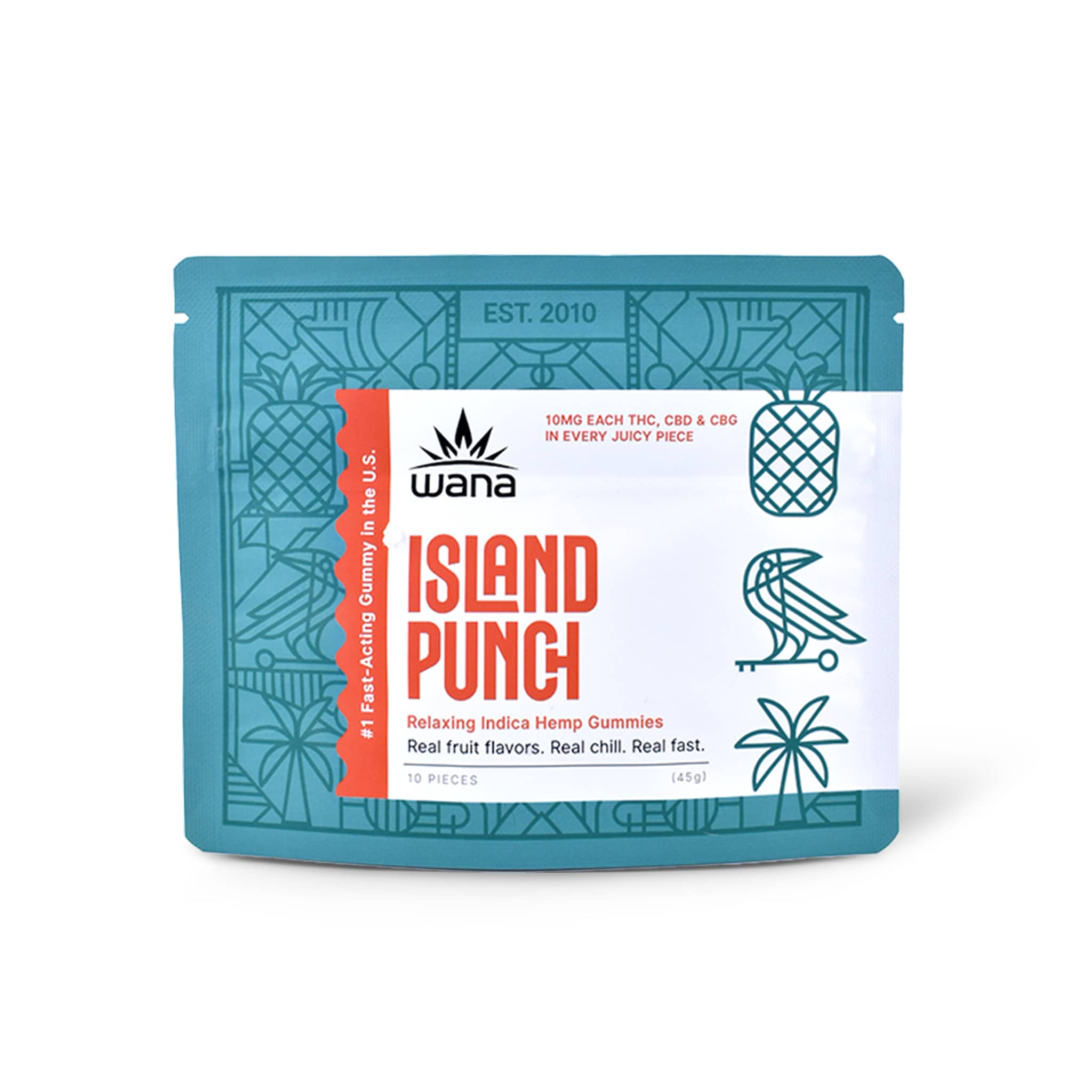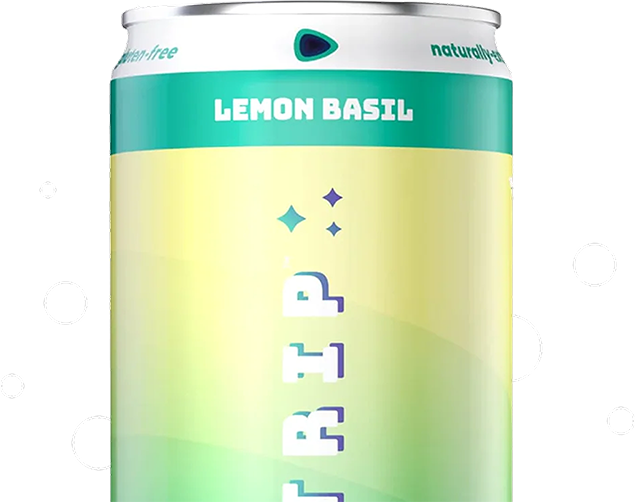Yes, THC is legal, provided it comes from a hemp plant containing less than 0.3% Delta-9 THC.
Is THC Legal?
The legal status of THC (tetrahydrocannabinol), the primary psychoactive compound in cannabis, is complex and depends on several factors: its source, the form it’s in, and where you are in the world or even within the United States. Understanding these nuances can help you navigate the laws surrounding this cannabinoid.
Federal Law and THC
In the United States, THC's legality primarily depends on its source. THC derived from cannabis plants containing more than 0.3% THC by dry weight is considered a Schedule I controlled substance under the Controlled Substances Act. This classification makes it federally illegal for most purposes, including recreational use, possession, and distribution.
However, hemp-derived THC—sourced from plants with no more than 0.3% THC—is federally legal under the 2018 Farm Bill. This legislation legalized hemp and its derivatives, including edibles, as long as they comply with the THC concentration limit.
It’s important to note that while the Farm Bill allows hemp-derived products to be legal federally, it does not override state laws, so be sure to check your local regulations.
Hemp-Derived THC Products
The rise of hemp-derived THC products, such as edibles containing THC extracted from hemp, has created a robust market. As long as these products meet the federal threshold of 0.3% THC on a dry-weight basis, they are legal nationwide.
International THC Laws
Globally, THC laws are even more varied.
-
Countries like Canada and Uruguay have fully legalized cannabis for both recreational and medical purposes.
-
In most European countries, cannabis remains illegal, but many allow medical marijuana or decriminalize possession.
-
Many parts of Asia and the Middle East maintain strict cannabis prohibition, with severe penalties for possession or use.
Travelers should exercise caution when carrying any THC product, as crossing borders with THC—even hemp-derived products—can lead to significant legal consequences.
Penalties for Violating THC Laws
Possession of illegal THC products can result in penalties ranging from fines to imprisonment, depending on the jurisdiction and the amount in question. Federal penalties in the U.S. for cannabis-related offenses remain stringent despite state-level legalization in many areas. International penalties can range from a small fine for possession up to capital punishment for trafficking.
Staying Informed
As THC laws continue to evolve, it’s essential to stay updated on the regulations in your area. States regularly revisit and revise their cannabis laws, and federal legislation may eventually reflect changing societal attitudes toward THC.
In summary, the legal status of THC is nuanced and varies based on its origin and your location. Understanding these distinctions is key to ensuring compliance with the law.







